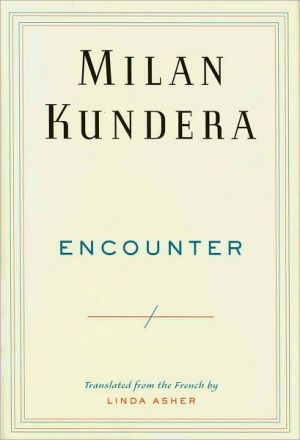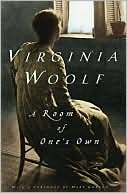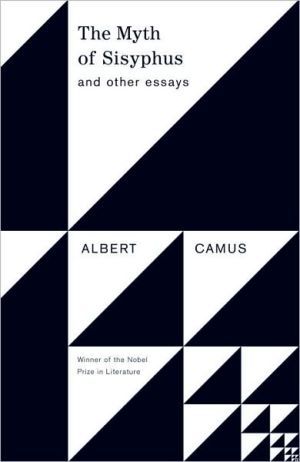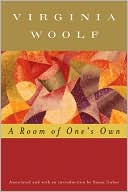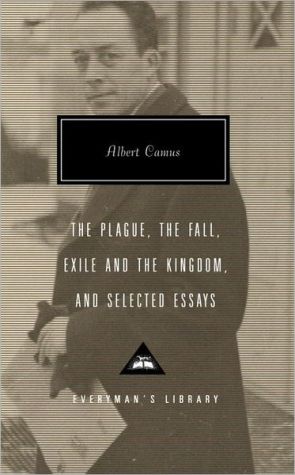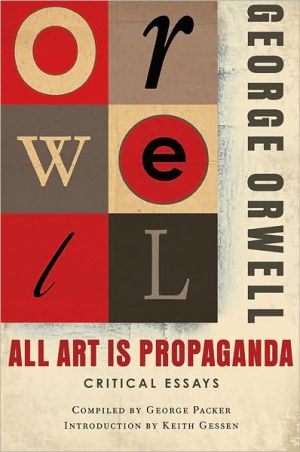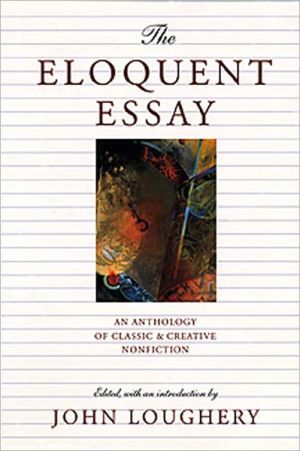Encounter
A brilliant new contribution to Kundera's ongoing reflections on art and artists, written with unparalleled insight, authority, and range of reference and allusion\ Milan Kundera's new collection of essays is a passionate defense of art in an era that, he argues, no longer values art or beauty. With the same dazzling mix of emotion and idea that characterizes his novels, Kundera revisits the artists who remain important to him and whose works help us better understand the world we live in and...
Search in google:
A brilliant new contribution to Kundera's ongoing reflections on art and artists, written with unparalleled insight, authority, and range of reference and allusion Milan Kundera's new collection of essays is a passionate defense of art in an era that, he argues, no longer values art or beauty. With the same dazzling mix of emotion and idea that characterizes his novels, Kundera revisits the artists who remain important to him and whose works help us better understand the world we live in and what it means to be human. An astute reader of fiction, Kundera brings his extraordinary critical gifts to bear on the paintings of Francis Bacon, the music of Leos Janacek, and the films of Federico Fellini, as well as the novels of Philip Roth, Fyodor Dostoyevsky, and Gabriel GarcÍa MÁrquez, among others. He also takes up the challenge of restoring to its rightful place the work of Anatole France and Curzio Malaparte, major writers who have fallen into obscurity. Milan Kundera's signature themes of memory and forgetting, the experience of exile, and the championing of modernist art are here, along with more personal reflections and stories. Encounter is a work of great humanism. Art is what we possess in the face of evil and the darker side of human nature. Elegant, startlingly original, and provocative, Encounter follows in the footsteps of Kundera's earlier essay collections, The Art of the Novel, Testaments Betrayed, and The Curtain.The New York Times - John SimonShort as Encounter is, it accom-plishes much…Linda Asher's apt translation makes for fluent reading…I can't imagine reading this book without being challenged and instructed, amused, amazed and aroused, and ultimately -delighted.
I The Painter's Brutal Gesture: On Francis Bacon 1II Novels, Existential Soundings 17The Comical Absence of the Comical (Dostoyeusky: The Idiot) 19Death and the Fuss (Louis-Ferdinand Celine: From Castle to Castle) 22Love in Accelerating Histroy (Philip Roth: The Professor of Desire) 25The Secret of the Ages of Life (Gudbergur Bergsson: The Swan) 28The Idyll, the Daughter of Horror (Marek Bienczyk: Tworki) 32The Debacle of Memories (Juan Goytisolo: The Curtain Falls) 35The Novel and Procreation (Gabriel Garcia Marquez: One Hundred Years of Solitude) 38III Blacklists, or Divertimento in Homage to Anatole France 41IV The Dream of Total Heritage 61A Dialogue on Rabelais and the Misomusists 63The Dream of Total Heritage in Beethoven 68The Arch-Novel: An Open Letter for the Birthday of Carlos Fuentes 71The Total Rejection of Heritage, or Iannis Xenakis (a text published in 1980, with two interventions from 2008) 74V Beautiful Like a Multiple Encounter 81VI Elsewhere 101Exile as Liberation According to Vera Linhartova 103The Untouchable Solitude of a Foreigner (Oscar Milosz) 106Enmity and Friendship 110Faithful to Rabelais and to the Surrealists Who Delved into Dreams 115On the Two Great Springs, and on the Skvorecky's 117From Beneath You'll Breathe the Roses (The Last Visit with Ernest Breleur) 122VII My First Love 125The Long Race of a One-Legged Runner 127The Most Nostalgic Opera 133VIII Forgetting Schoenberg 143No Celebration (a text published in 1995 in the Frankfurter Rundschau together with other pieces celebrating the hundredth anniversary of the birth of cinema) 145What Will Be Left of You, Bertolt? 148Forgetting Schoenberg 151IX The Skin: Malaparte's Arch-Novel 155
\ Publishers WeeklyThese mercurial occasional pieces crackle in their soulful brevity. Kundera's (Immortality) unexpected insights into surrealism (especially the poets), the darkly grotesque, the nonconformist temperament will be familiar to readers immersed in this author's fictions. Although a number of the essays date to the early and mid-1990s, there is a refreshing cohesion to this collection. Of specific interest are chapters comparing Francis Bacon to Samuel Beckett; Kundera's devilish mixing up of Roland Barthes with the dour theologian Karl Barth in a chance conversation; several discussions on the virtues of Rabelais as well as a restoration to prominence of Anatole France, who had been given the French intellectualist bum's rush; a powerful coupling of the bright birth of film with the sad death of Fellini; a scholar's relishing of Bertolt Brecht's body odor; the music of his fellow Czech Leos Janácek. Like the proverbial meal at the Chinese restaurant, the delicious musings of this book are filling at first. Two hours later, one craves more. (Sept.)\ \ \ \ \ Kirkus ReviewsA collection of essays, book, music and art reviews, ruminations and recollections by the celebrated Franco-Czech novelist (Ignorance, 2002, etc.). Kundera's mind is an expansive forest, and he visits many trees in these pieces, some more than a dozen years old. In some cases he writes about painters, musicians and novelists whose names and works are widely known (Celine, Philip Roth, Beethoven, Breton). Elsewhere, he expatiates about the creations of artists whose identities are known principally by the cognoscenti, companions and countrymen. The latter include the music of Iannis Xenakis, the paintings of Ernest Breleur and the writings of Danilo Kis. Regardless of the subject, Kundera's prose glows, sometimes in sufficient strength to illuminate even the most obscure of his subjects. The pieces all share a compression of style-his few words say much-and even some experimentation. In an essay on painter Francis Bacon, for example, he alternates 1995 observations with what he had written initially in 1977. (He employs a similar strategy later in a piece about Xenakis' music.) Kundera writes with passion about what he views as the foolishness of surrendering a friendship to political differences, and he snarls about the deleterious influence of film and television in a piece about the 100th anniversary of the motion picture, which he labels "the principal agent of stupidity" in the world. The author marvels about the Allied occupation forces after World War II, especially the Americans, who seemed so sublimely confident in their divine election and sanction. Continually, he revisits the hopeful Prague spring of 1968 and its hideous aftermath and agrees with Czech writer Vera Linhartova, who wrote how exile can be transformative for an artist. He chides biographers who are enraptured with the sex lives, and even body odors, of their subjects, and he wonders about the artistic portrayal of the ugly. Shows that bright shards of clear prose can serve as windows into the unknown.\ \ \ John SimonShort as Encounter is, it accomplishes much…Linda Asher's apt translation makes for fluent reading…I can't imagine reading this book without being challenged and instructed, amused, amazed and aroused, and ultimately delighted.\ —The New York Times\ \ \ \ \ Time Out New York"Deeply personal and warmly inviting…Encounter serves as a call to arms for a culture on the verge of losing its artistic credibility."\ \ \ \ \ Boston Sunday Globe"Compelling essays."\ \ \ \ \ New York Journal of Books"A remarkable collection that showcases the author’s diverse interests and sparkling talent…Kundera looks at the way exile and estrangement impact upon art and creation."\ \ \ \ \ Phillip Lopate"Cultivated, worldly, charming and spirited…Kundera’s values are sane and humane; his impulses generous; his taste, overall, unimpeachable."\ \ \ \ \ Michael S. Roth"A commanding, compelling collection…Kundera’s essays express enduring aesthetic loyalties and provide unexpected aesthetic sparks that remind readers of a fuller range of authentic thought and feeling."\ \ \ \ \ John Simon"I can’t imagine reading this book without being challenged and instructed, amused, amazed and aroused, and ultimately delighted."\ \
